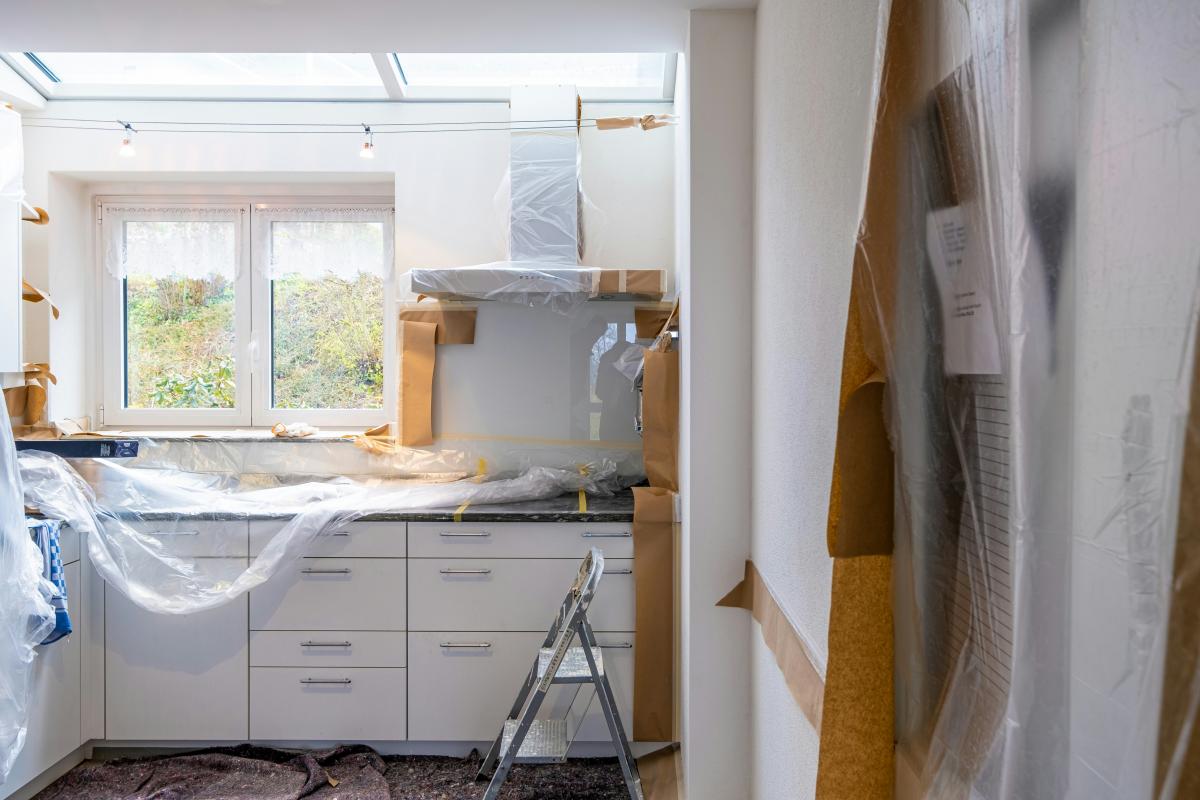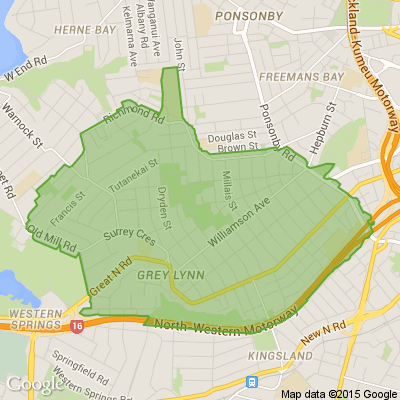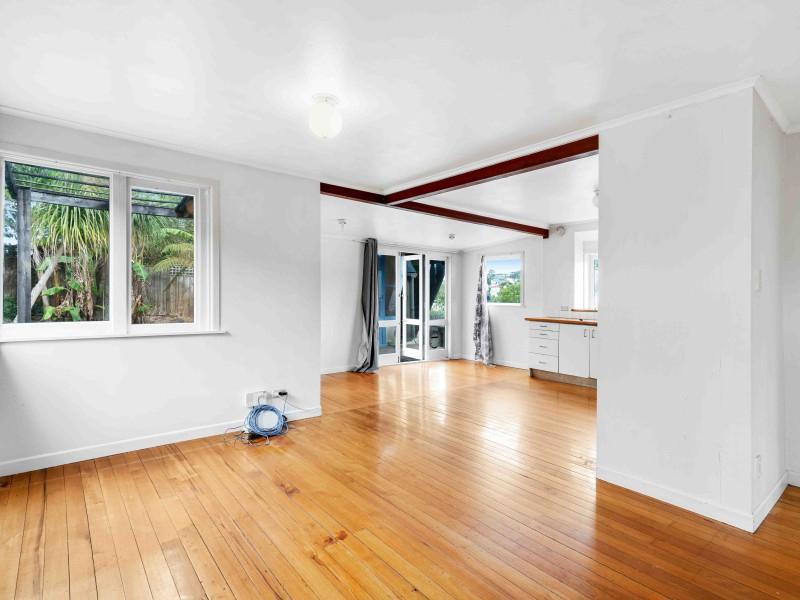Must Do before you buy - The home buying process
Evaluating your buying power isn’t the most exciting part of the home-buying process but understanding how these numbers affect the chances of an offer being accepted is crucial for every prospective buyer.
1. Credit score
Your credit score is one of the most basic ways a lender can determine your ability to pay your loan on time every month. Five key factors influence your score, each varying in importance: payment history (35%), amounts owed (30%), length of credit history (15%), credit mix (10%), and new credit (10%).
While a low credit score (think below 620) doesn’t necessarily mean you’ll be denied for a loan, it certainly impacts the quality of loan you’re offered. Interest rates for scores in the 580 to 699 range could be anywhere from 0.5% to 4% higher than the lowest rate available — and that will make your mortgage more expensive.
On the other hand, a score of 760 to 850 could land you the best possible rate, and a score of 700 to 760 could put you just 0.25% above the lowest rate.
2. Deposit payment
Credit scores are playing a larger role, but cash is still king in the home-buying game. Regardless of how low your mortgage rate is, the ability to offer a serious deposit payment improves your overall buying power the most.
There are plenty of benefits to the often-repeated 20% rule of thumb, in which you come up with 20% of the home sale price in cash. Putting this much money (or more) into a down payment can eliminate the need for a higher interest rate and allow you to negotiate for a lower interest rate, and, in competitive markets, could place you above the competition.
For sellers, it all boils down to looking committed and financially ready to make such a hefty purchase. In turn, your high down payment could significantly lower the amount you pay over the life of your loan.
3. Loan-to-income ratio
Making a nice, steady income is great, but not everything when it comes to determining your mortgage eligibility.
Lenders want reassurance that you’ll be able to pay your mortgage in addition to all other outstanding debts currently in your name. To do this, they will look first at your front-end ratio, or housing ratio — your monthly housing payment (including insurance, interest, taxes) divided by your monthly income. The general rule of thumb is to keep this at or below 28%.
Next, lenders will consider your back-end ratio or debt-to-income ratio, a calculation that determines how much of your monthly pay services your existing debt (e.g., car loans, student loans, credit card payments, etc.). This calculation is your total monthly debt payments divided by your total monthly household income. The general rule of thumb for this calculation is to keep it at or below 36%.
While landing above the suggested ratios won’t necessarily end your journey to homeownership, it can certainly impact your loan terms.
4. Assets
A lender’s biggest concern is always whether the borrower will have the income coming in and the financial resources already on hand to stay up to date on payments, regardless of other financial storms they may be weathering.
Therefore, you will be required to provide documentation of assets showing where money for the down payment is coming from and what your savings and investments currently look like. The bigger your cushion, the more likely lenders will think you can afford all mortgage costs and fees, and all other home-related financial obligations afterwards.
The bottom lines
Understanding the importance of these four numbers and making necessary adjustments before window-shopping can do wonders in ensuring your bank account will be ready when the time comes to make a purchase.

Poll: Does the building consent process need to change?
We definitely need homes that are fit to live in but there are often frustrations when it comes to getting consent to modify your own home.
Do you think changes need made to the current process for building consent? Share your thoughts below.
Type 'Not For Print' if you wish your comments to be excluded from the Conversations column of your local paper.

-
91.4% Yes
-
8.2% No
-
0.4% Other - I'll share below!
Lest we forget...
On this ANZAC Day, let's take a moment to remember and honor the brave men and women who have served and continue to serve our country.
Tell us who are you honouring today. Whether it's a story from the battlefield or a memory of a family member who fought in the war, we'd love you to share your stories below.

Student looking for work
Hi I have alot of experience in painting interior/exterior own gear and quality workmanship ,can get refs and also have experience in housewashing,gutters,paths and roof treatments to kill moss and alge 0225607279








 Loading…
Loading…























